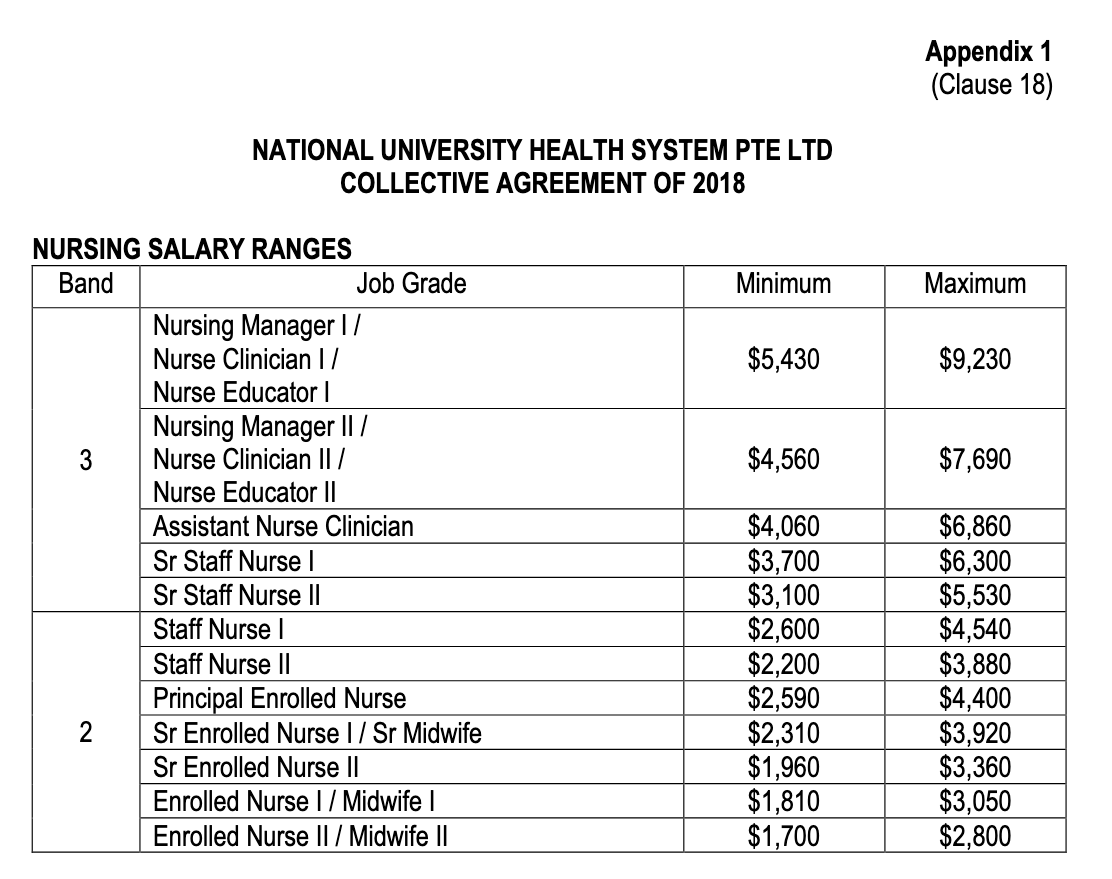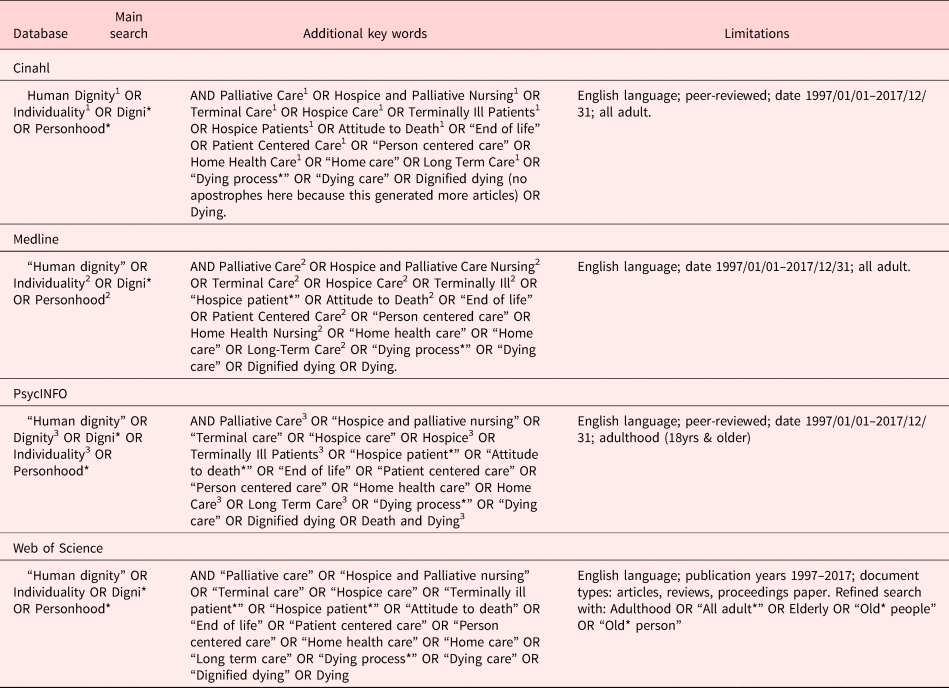
Respite care for dementia is a way for caregivers to be more effective in providing high quality care. It also allows them to stay with their loved ones for a longer duration. A caregiver's break can provide a boost in physical and emotional well being. The delay in moving to a nursing home can be a time- and cost-saving move. Respite is also available for those who need live-in assistance. For more information on dementia respite, please visit the Alzheimer's Association website.
Conceptualisation of respite care for dementia
Multiple research studies indicate that an important element of effective dementia respite service services is their ability for caregivers to have meaningful interactions with people with dementia. These studies showed that while carers may say they don't require help, they may delay getting it. They might also believe they won't need it. This qualitative study found that caregivers may underestimate the caregiving responsibilities of their loved ones until their dementia progresses and becomes difficult to manage.
Respite care offers many benefits but research has shown that it is very rarely used. This is because of the wide variety in care recipients and their characteristics. Carers and people with dementia have different characteristics. These include their relationship status, age, gender, socioeconomic status and role expectations. They also have different physical and mental health. People who require respite care might have many reasons. There is no definitive way to determine its effectiveness.

Limitations of in-home respite care
In-home respite is an option for people with dementia. However there are limitations. Although this service is not suitable for all situations, it can be an excellent choice for seniors who are unable or unwilling to leave their home. While the primary caregiver is away, a professional caregiver can visit the home and provide assistance. In-home respite services allow residents to live in familiar surroundings, which allows them to enjoy their own home. Three out of every four seniors prefer to live in their own homes over receive care at a care facility.
In-home respite care is a good option for those with dementia. However, there are some disadvantages to this type of care. Some caregivers feel that these interventions are too costly and time-consuming. Formal interventions can lead to financial problems and a lack of control over care. Some caregivers feel that such care is stigmatizing and disruptive. Research is still underway to find out if in-home respite can be effective for people with dementia.
Importance of live-in respite care
The NFCSP offers free respite care, though some families may have to pay a portion based on income. The program is administered by local Area Agencies on Aging, which is also known as Aging and Disability Resource Centers. These agencies combine resources from both the federal government (Medicare and Medicaid) to make these services accessible. You can make your loved ones feel at ease with the company of a close friend or neighbour when they are ready for a vacation.
People with dementia have many benefits from living-in care. This includes the ability to personalize the service to each individual's needs. This type of care is also safer and less stressful than residential care homes. A caregiver who is based at home will provide care for your loved one while they are away from you.

Alternatives to home respite services
There are many alternatives to in-home dementia respite. These services may be volunteer-driven or provided by a healthcare facility. This option offers all the benefits of a residential environment, without the need to find a caregiver. This type of care can also be a good option if the resident's needs are relatively low. Certain types of in home respite care might require special considerations.
Families caring for loved ones may feel tired or depressed due to the constant 24-hour care. Caregivers can help in these situations by taking part in work meetings, running errands and spending time with loved ones. By arranging for twice-weekly baths, family members can enjoy some time apart, while caregivers can take a break. In addition to helping caregivers avoid burnout, respite can give them the space and time to recharge and rest.